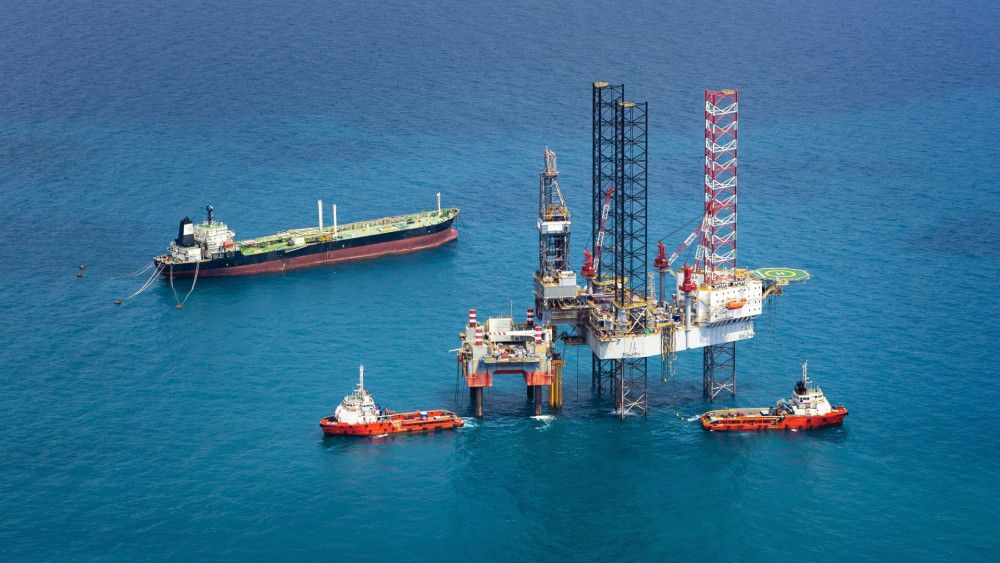Thursday November 21, 2024
- ALL NEWS
- SMALL & MEDIUM ENTERPRISES (SME)
- INTERNATIONAL TRADE
-
REGIONS
-
NON-REGIONAL
Search

The coronavirus pandemic is continuing to slow down the economic recovery process across the globe, putting the oil and energy industry at risk. This is critical for the already struggling industry, which was undergoing a major transformation due to the International Maritime Organization (IMO) 2020 regulation. The new rule, which mandates reducing sulfur emissions by over 80%, is estimated to affect as much as 3.5 million barrels of demand for high sulfur fuel oil (HSFO) per day, which is the shipping industry’s traditional fuel.
Considering the crude oil in the Gulf contains a high level of sulfur and all six states in the Gulf Cooperation Council (GCC) are IMO members, the new regulation is going to impact oil exports and the entire supply and value chain. There will be an increased demand for distillate fuels as shipping lines comply with the IMO 2020 rule, forcing oil refiners to make large investments to build their desulfurization capacity (around $900 million per facility). While complex and flexible refineries in the region may flourish and make better profit margins, the IMO regulation will push the costs up and profits down for most refineries that are not modern and have HSFO yield. This will mean costlier fuel, which in turn will mean higher freight costs for all cargoes and higher cruise ship fares. However, it is still too early to predict how things are going to pan out.

On the brighter side, refineries are likely to drive non-IMO compliant products by using lighter and low-sulfur crudes, which will be highly useful for naphtha-based petrochemical productions. As methanol is also considered to be an alternative fuel for ships under the new IMO 2020 regulation, methanol producers are likely to be in great demand. The region can also easily replace the direct burning of crude oil for power generation with HFSO. The situation is still nascent and evolving, but it is highly likely that oil markets will not be the same with the new regulation.
Energy consumption and production contribute to two-thirds of global emissions and, with a renewed focus on creating a more inclusive, sustainable, and green energy system, the transition towards cleaner energy to combat climate change is inevitable. The oil and energy industry in the Gulf has to quickly learn to adapt to changing rules and regulations to remain sustainable. Effective government policies, private-sector action, and public-private cooperation can help the industry and keep the oil markets buoyant during these difficult times.
Learn More with Exports News
Exports News makes it easy for our users to learn more about the developments in international trade. Subscribe to our newsletter today – you will stay informed and up-to-date.
No Comments
Add comment



We’re happy you are satisfied with Exports News. Please let us know if you need enything!
support@exportsnews.comWe’re sorry your experience was not satisfactory. Please let us know how we can improve your experience:
Please contact us with any questions or concerns: support@exportsnews.com


Your feedback has been received! If you have any other questions or concerns, please contact us at:


There aren't any comments yet. Be the first to comment!